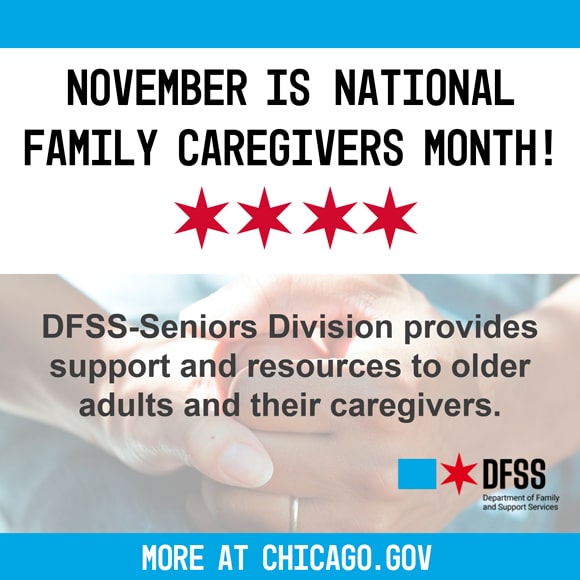In an ideal world, if you notice something wrong with your body, you could immediately get a medical appointment — and answers — with no fear about the unknown. Strange or unexpected symptoms always carry a level of worry, though, and doctors are often booked months out.
So where do we often turn while waiting for an appointment or late at night when our minds wander? The internet, of course.
Self-diagnosis is a rapidly expanding phenomenon thanks to the ever-present internet. In fact, 65% of Americans have used Google to diagnose themselves, according to a 2019 study from health testing service LetsGetChecked. Two in 5 people in the study said that after researching their symptoms online, they convinced themselves that they had a serious illness.
“I am all for patients being informed, looking things up online, and researching their diagnoses along with their doctor,” says Shikha Jain, MD, medical oncologist at University of Illinois at Chicago. However, Jain adds, “I think the challenge has become the way misinformation, disinformation, and inaccurate information can be really difficult to wade through.”
Genetic services such as Ancestry and 23andMe — and all the health information they offer — are also on the rise. More than 30 million people have used these services to learn about their family history and genetic risk factors.
Yet, one of the challenges with at-home testing kits is how they deliver results — through the platforms, not through a physician. “You can get results that might seem concerning, but it’s actually not clinically relevant or clinically significant. It can lead to a lot of anxiety and stress, when in actuality some of the data may not impact your life in any way, shape, or form,” Jain says. “Many of us have different mutations, abnormalities, or just different genetic profiles.”
Physicians undergo years of training and experience to tell the difference.
But what happens when you find out disturbing health information through an email or a patient portal?
People now often see their test results before they have a chance to discuss them with their doctor. Many turn to the internet to learn what the results mean before they understand the context. And from there, they develop their own diagnosis story.
To refrain from self-diagnosis, patience is key. Try to stay calm, not only until you have test results, but until you’ve talked with your doctor. Jain says transparency is essential on the part of medical professionals, too.
“Your relationship with your physician is one built on trust and a common understanding,” she says. “You and your physician should really be a team that gets information and makes decisions together.”
Do your research, but with caution. Know which sources to trust, and keep a list of questions to ask your doctor, not that vast web of questionable information.+












